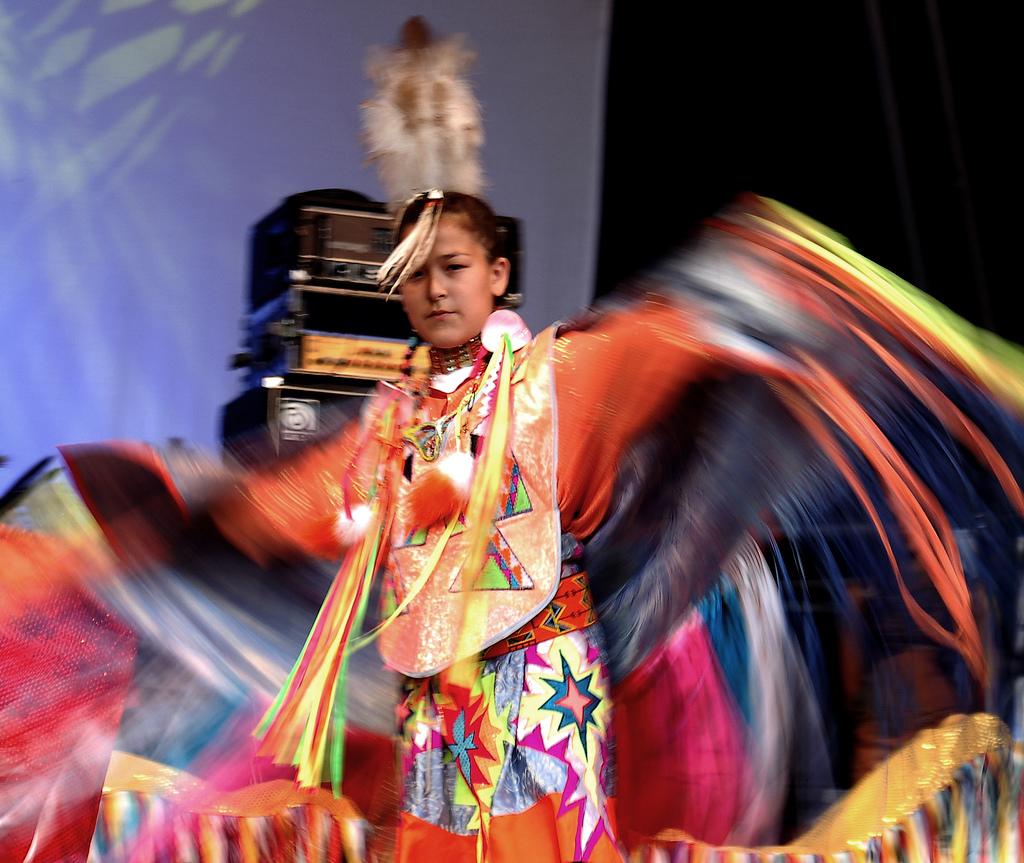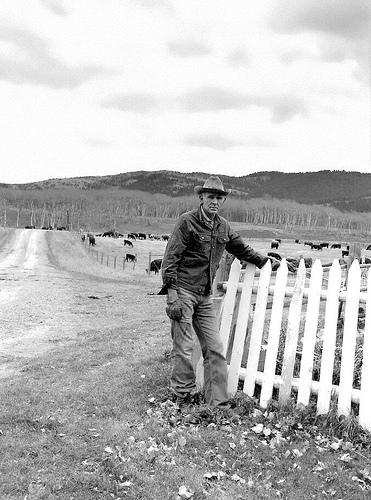How the People Shaped Canada’s History


The first settlers to arrive in Canada arrived via the Bering Strait from Asia. By 1600 BC, more than 250,000 people inhabited this vast area. These inhabitants were later referred to as Native Canadians, Indians or First Nation. They lived off the land by hunting, fishing and gathering food. In warmer areas they even managed to farm the land, especially the Iroquois.

As time passed, more and more people immigrated to Canada, not only the British and the French, but also the Irish, Russians, Greeks, Germans and Italians.
One positive aspect of immigration to Canada is that there have been very few conflicts between the immigrants and the native Canadians. There have been fewer conflicts regarding land ownership than has been the case in the United States, and there have hardly been any deportations or killings.
The reason for deaths among the Indians was first and foremost diseases imported from Europe, especially smallpox, and secondly their abuse of alcohol. Many traders gave the natives alcohol in exchange for their furs.
The Hudson Bay Company (HBC) is the oldest commercial corporation in North America and one the of the oldest in the world. The Hudson’s Bay Company made a fortune trading in fur and was at one time the largest landowner in the world! As time progressed, the company expanded to such an extent that they soon owned most of Canada. Eventually, with the decline of the fur-trade, the company became a mercantile business, selling goods to settlers in the Canadian west. Today, HBC is owned by an American firm.
Canada became increasingly independent of Britain and in 1965, the Canadian flag replaced the Union Jack. Canada is still a member of the British Commonwealth, and recognizes Queen Elizabeth II as its Head of State. Canada is therefore a kingdom!
The most important political issues in Canada after World War II have been the French-speaking Canadians' demand for greater autonomy. An example of this sentiment of partisanism occurred when The Parti Quebecois (PQ) launched a campaign to restrict the political rights of Canadian citizens born outside of Quebec if they did not show an acceptable knowledge of the French language.
The PQ, has tabled a bill in Quebec's National Assembly proposing the creation of a Quebec citizenship. While citizenship rights would be conferred on all Quebec residents who are Canadian citizens, Quebec citizenship would subsequently only be automatically granted to those born in Quebec or of Quebec parents. Any other Canadian citizen moving to Quebec, whether born elsewhere in Canada or a naturalized citizen would have to pass a French language test after three years residence in Quebec. Those failing this test would forfeit the right to Quebec citizenship and be stripped of some fundamental political rights.
Comprehension
- How were European immigrants indirectly responsible for deaths among the Canadian Native Indians?
- Research the ongoing French-English conflict that occurs in Canada (search words: "Parti Quebecois"). Discuss with a classmate, the positive and negative consequences of an eventual division of the country.
- Why is Canada considered a kingdom? What, in your opinion, does this say about Canadian culture?